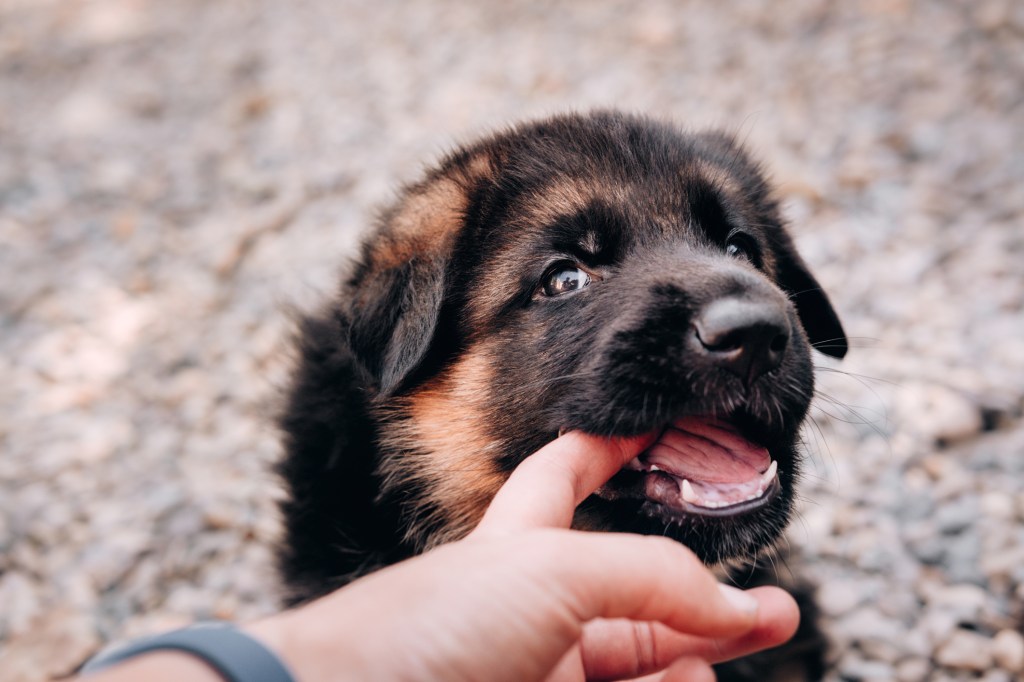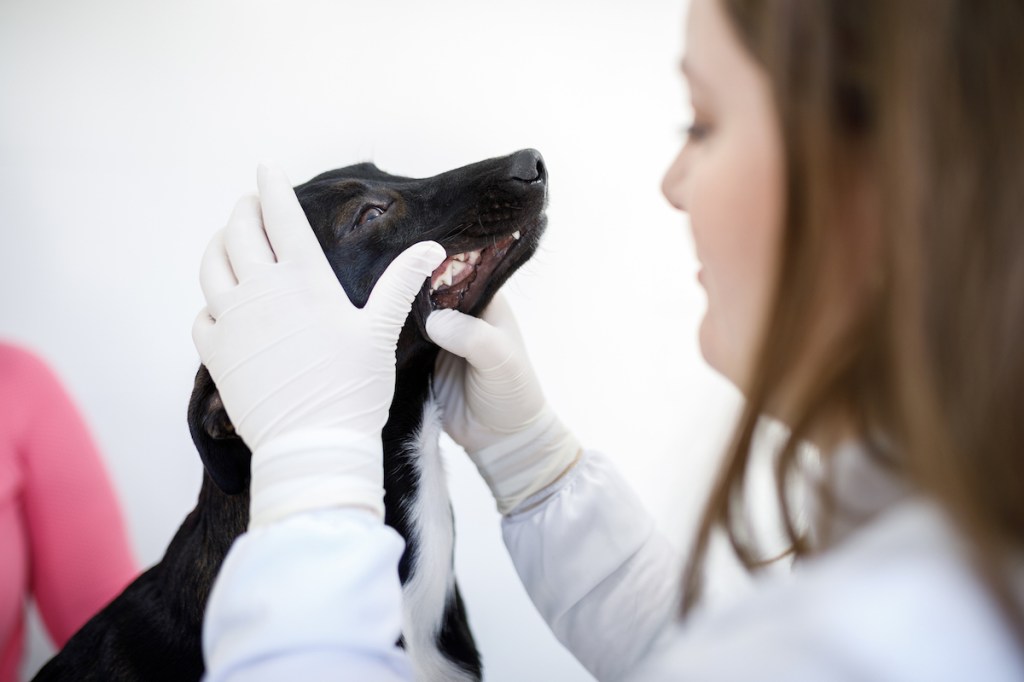Persistent deciduous teeth in dogs is a medical condition that happens when a pup’s adult teeth start to come through before their baby teeth fall out. Sometimes, it is also referred to as persistent baby teeth.
Normally, a dog’s baby teeth start to fall out when they are around three months old. A pup’s 28 baby teeth are eventually replaced by 42 adult teeth.
Generally, the condition causes oral diseases and affects how a dog eats. Also, smaller dogs seem most predisposed to persistent baby teeth, including Poodles, Yorkshire Terriers, and Pugs.
If you see signs that your dog might be suffering from this condition, then you must consult your veterinarian for a proper diagnosis and course of treatment. Here’s what you should know about the symptoms, causes, and treatments of persistent deciduous teeth in dogs.
Symptoms of persistent deciduous teeth in dogs
Persistent baby teeth in dogs can result in a range of symptoms. Generally, these symptoms affect the mouth area.
Specifically, some of the most common symptoms of persistent deciduous teeth include:
- Overbite
- Gingivitis
- Periodontal disease
- Problems being able to eat
- Tooth decay
- Food being left in teeth gaps
- Cavities (with pus)
- Pain
- Jaw development issues
- Infection
Causes of persistent deciduous teeth in dogs

The cause of the condition is a dog’s baby teeth not falling out before their adult teeth come through. Usually, this process happens naturally when a canine is between 14 and 30 weeks of age.
Sometimes, persistent deciduous teeth is suspected to be caused by genetic issues. Small and flat-faced dogs seem most predisposed to it. For example, the following breeds are often affected by persistent baby teeth:
- Pug
- Bulldog
- Poodle
- Pomeranian
- Yorkshire Terrier
- Boston Terrier
- Maltese
Generally, any of a dog’s teeth can be affected by the condition. Although, persistent baby teeth seem to happen to a dog’s upper canines the most.
Treatments for persistent deciduous teeth in dogs
If you think that your dog might be developing persistent deciduous teeth, your veterinarian will want to carry out a full physical examination of your dog’s mouth. Usually, X-rays will be used to confirm the condition.
Generally, treatment involves removing any stubborn baby teeth that do not seem to be falling out. This process will require general anesthesia. Additionally, if the condition is causing jaw problems, such as an overbite, extra lower teeth may be removed.
Recovering from a tooth extraction can take up to eight weeks. However, sometimes the process can cause eating issues and your dog may need to use a feeding tube for a while.
Finally, early detection is key with this issue. So, make sure to inspect your dog’s mouth every week or so and keep up a regular teeth cleaning routine.









